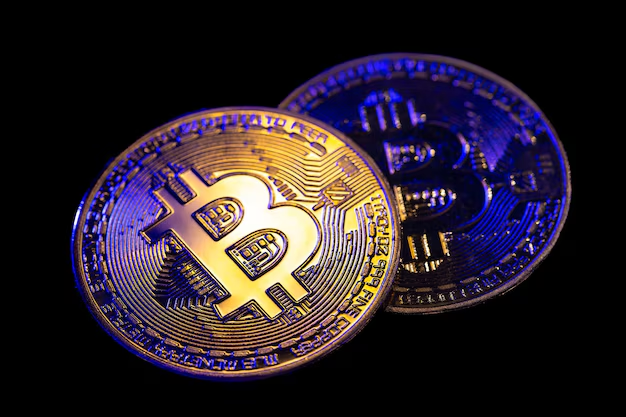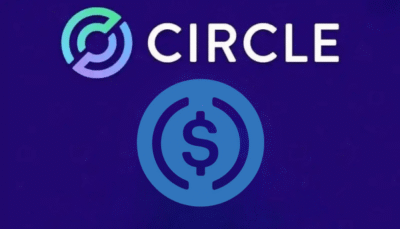In a recent development, 25-year-old Eric Council Jr. of Athens, Alabama, has entered a guilty plea in connection with the hacking of the U.S. Securities and Exchange Commission’s (SEC) social media page.
During this breach, which occurred in January of 2024, a fraudulent statement was posted indicating that the SEC had sanctioned the trading of Bitcoin exchange-traded funds (ETFs) which erroneously increased the value of Bitcoin for a time.
The Scheme Unveiled
Council utilized a method referred to as “SIM swapping” to take over the SEC’s account on X (formerly Twitter). Using a phony ID, he persuaded one of the workers at a cellphone store to give him a SIM card associated with another individual’s phone number.
This enabled him to receive the necessary codes to take control of the account. After gaining access, Council along with his accomplices published a fake post that said,
“The SEC approves # Bitcoin ETFs for listings on all registered national securities exchanges. ”
Market Impact

This announcement led to a massive change in the cryptocurrency world. The bitcoin price increased by more than $1,000, reaching almost $48,000, right before the SEC stated that their account had been hacked. This statement was followed by a drop in Bitcoin’s value by about $2,000. Reportedly, the Council made around $50,000 off of this scheme.
Legal Consequences
After being charged with conspiracy to commit aggravated identity theft and access device fraud, Council has accepted his guilt. His sentencing is scheduled for May and he stands to face up to 5 years of prison time, a $250,000 fine, and 3 years of supervised release.
Wider Considerations
This event reveals weaknesses in digital infrastructure and how misinformation can maliciously guide financial activity. It underscores the need for a strong defense against social engineering and robust cybersecurity interventions.
Meta Council Jr’s case, as far as the cryptocurrency world is concerned, is metamorphic. It reminds many about the hardships that are bound to be encountered by regulators and investors for the sake of legitimacy while the market changes.





